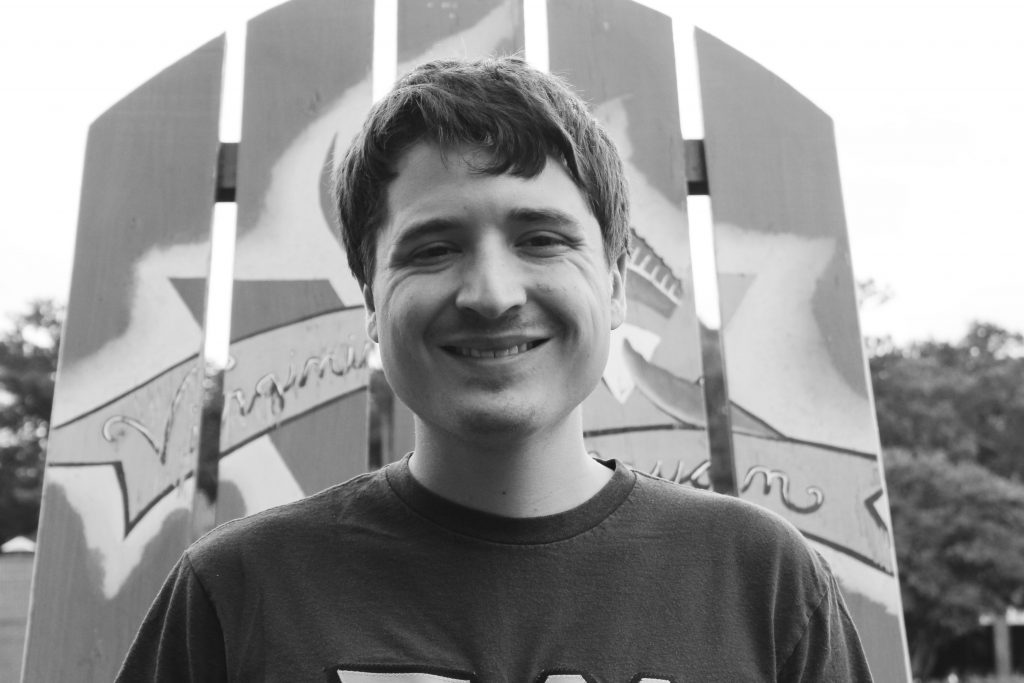In my personal experience with COVID-19 policy during the academic year of 2020-2021, it was wildly unorganized.
The university placed many guidelines to protect students from contracting COVID-19, but many of the steps taken to mitigate the spread caused problems for students. Aside from the obvious mental health repercussions that students experienced from the isolation due to the COVID-19 guest policy, there were also issues that affected students’ academic well-being. I was a sophomore at the time these policies were first introduced, so I had some knowledge of how college had operated before the pandemic.
My story started around 10 a.m. on Friday, Jan. 29, 2021.
I woke up to a phone call from a number I didn’t recognize and was told that I had been exposed to COVID-19 along with several other people and that all of us had until noon to pack up and leave campus to quarantine at our respective homes. The time we were given to pack and leave was on very short notice and caused chaos.
On the phone call, I was told that I had been exposed because one of my four roommates had been in contact with someone who tested positive. This fact is important because this means that I had not actually come into direct contact with the student who tested positive.
The group of us students who were sent to quarantine at home were told that we should be tested as soon as possible and that we would have to supply a second negative COVID-19 test after two weeks to return to campus. Of the eight people who were quarantined off campus, none of us tested positive on any of the COVID tests we took in that two-week time frame.
During my time in quarantine, I was expected to keep up with my academic course load as well as my on-campus job. Keeping up with classes would not have been an issue if my professors had been properly notified of my remote format needs, but this was not the case. Instead, those of us who were quarantined experienced a week of not being able to access classes to receive vital course instruction.
On top of the anxiety caused by not being able to keep up with class work due to administrative error, I was also fired from my on-campus job upon my arrival back to campus. The reason cited for the severance was the inability to make hours over the two-week period I was quarantined, which didn’t make sense to me, as I am unaware of how a student can work a job on campus while being in a mandatory quarantine several states away.
Overall, COVID-19 policy is still a work-in-progress as we navigate this pandemic, but there are still issues that have caused students a great amount of stress, and this story is only one example. There is a certain necessity in COVID-19 policies, but there must be ways to make it more accessible and less restrictive for students.
My hope is that while I did not have a positive experience with COVID-19 policy, it can become a learning opportunity to change and create policy that better reflects the school and is better for the students.
By Elaine Robbins
emrobbins@vwu.edu


